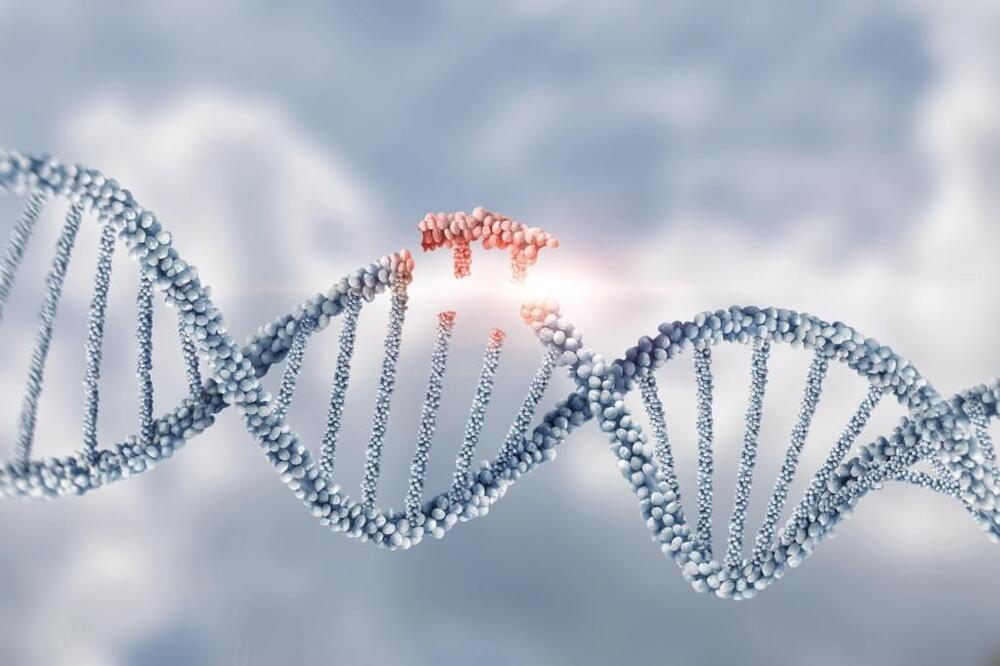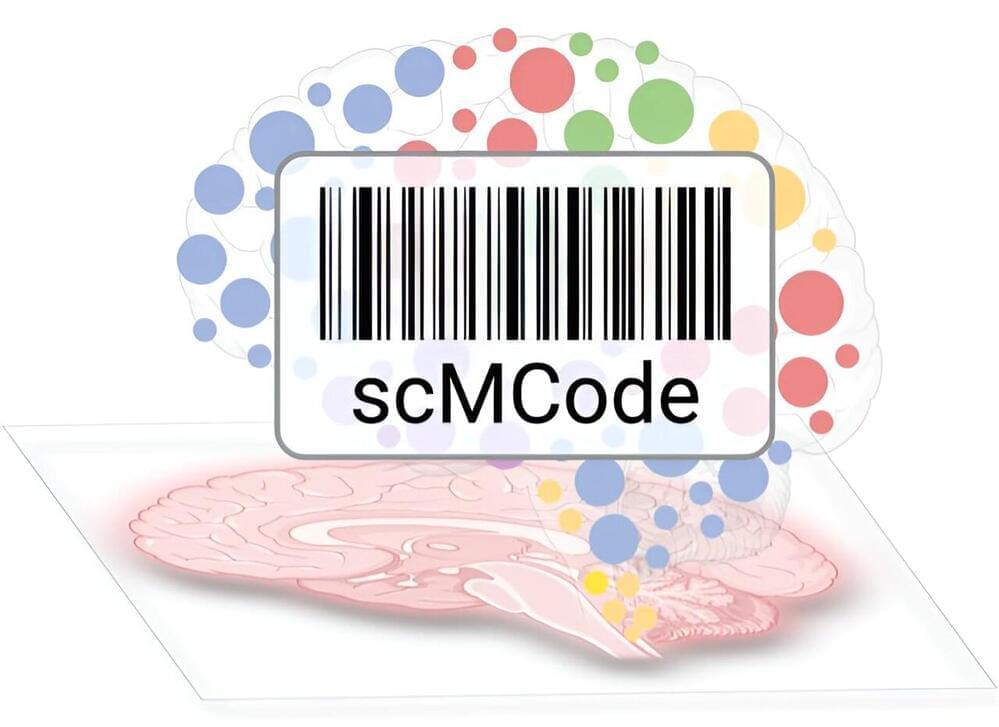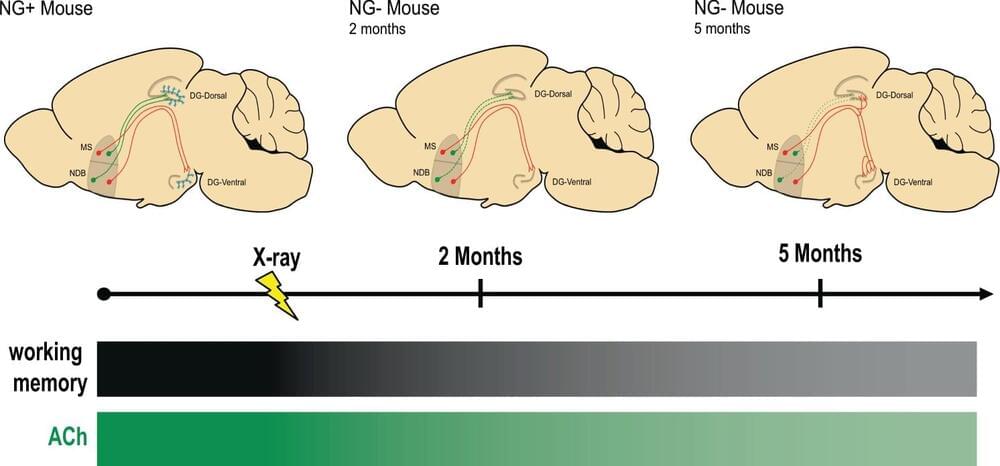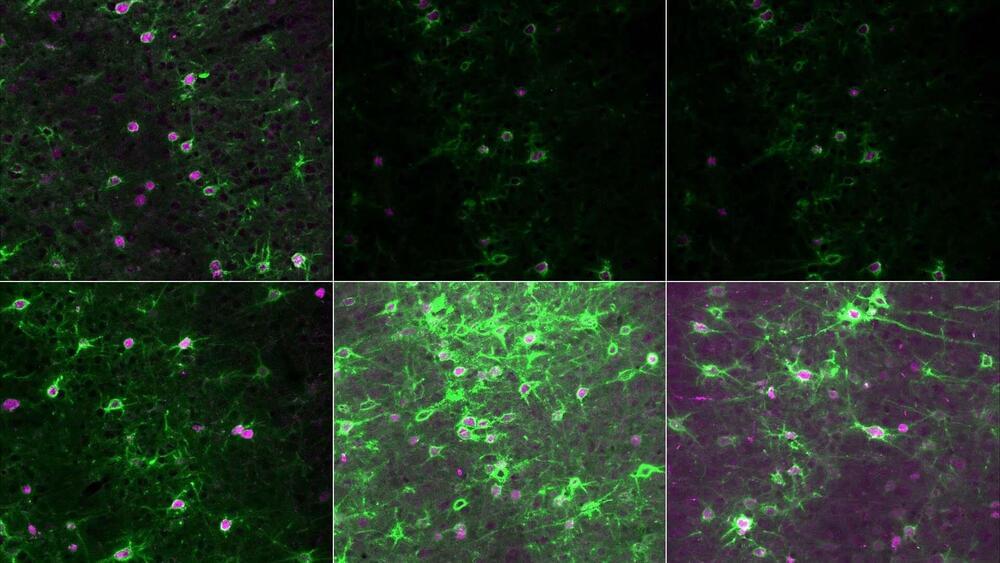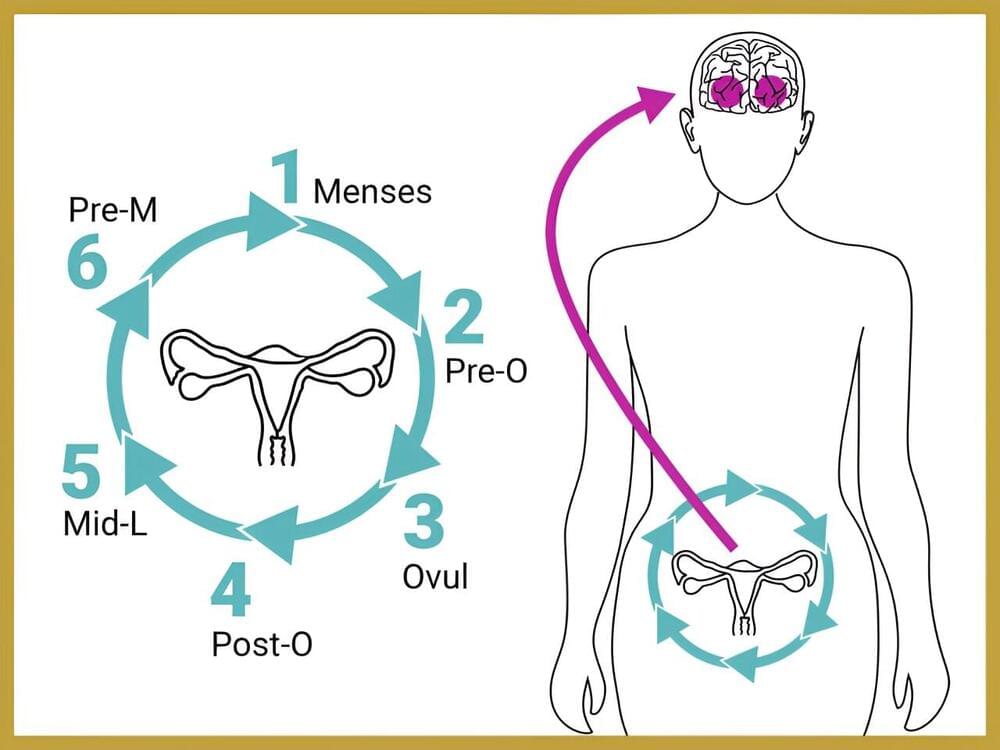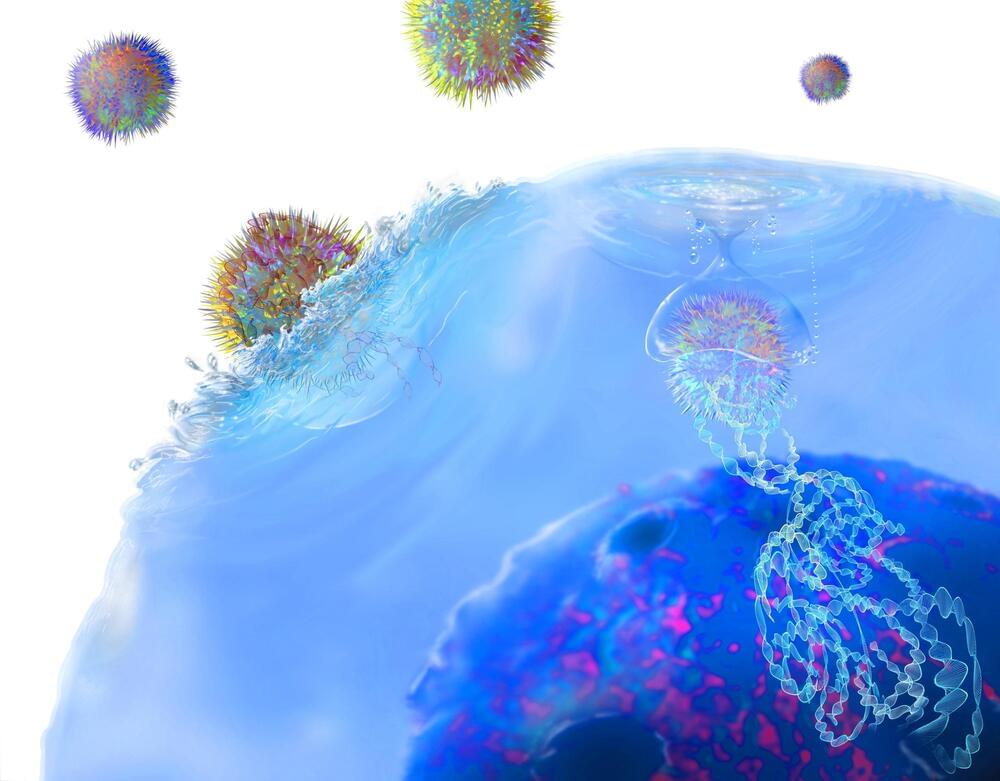
Researchers at Columbia University have developed a probiotic-guided chimeric antigen receptor (CAR)-T platform that uses engineered bacteria to infiltrate and produce synthetic antigen targets, enabling CAR-T cells to find, identify, and destroy tumor cells in situ. The results of in vivo preclinical tests suggest that the combined ProCAR cell therapy platform could expand the scope of CAR-T cell therapy to include difficult-to-target solid tumors.
Tal Danino, PhD, and Rosa L. Vincent, PhD, at Columbia University’s department of biomedical engineering, and colleagues, reported on their developments in Science, in a paper titled “Probiotic-guided CAR-T cells for solid tumor targeting,” in which they concluded, “These findings highlight the potential of the ProCAR platform to address the roadblock of identifying suitable CAR targets by providing an antigen that is orthogonal to both healthy tissue and tumor genetics … Overall, combining the advantages of tumor-homing bacteria and CAR-T cells provides a new strategy for tumor recognition and, in turn, builds the foundation for engineered communities of living therapies.”
Immunotherapies using CAR-T cells have proven successful in treating some types of blood cancers, but their efficacy against solid tumors remains elusive. A key challenge facing tumor-antigen targeting immunotherapies like CAR-T is the identification of suitable targets that are specifically and uniformly expressed on solid tumors, the authors noted. “A key challenge of antigen-targeted cell therapies relates to the expression patterns of the antigen itself, which makes the identification of optimal targets for solid tumor cell therapies an obstacle for the development of new CARs.” Solid tumors express heterogeneous and nonspecific antigens and are poorly infiltrated by T cells. As a result, the approach carries a high risk of fatal on-target, off-tumor toxicity, wherein CAR-T cells attack the targeted antigen on healthy vital tissues with potentially fatal effects.


